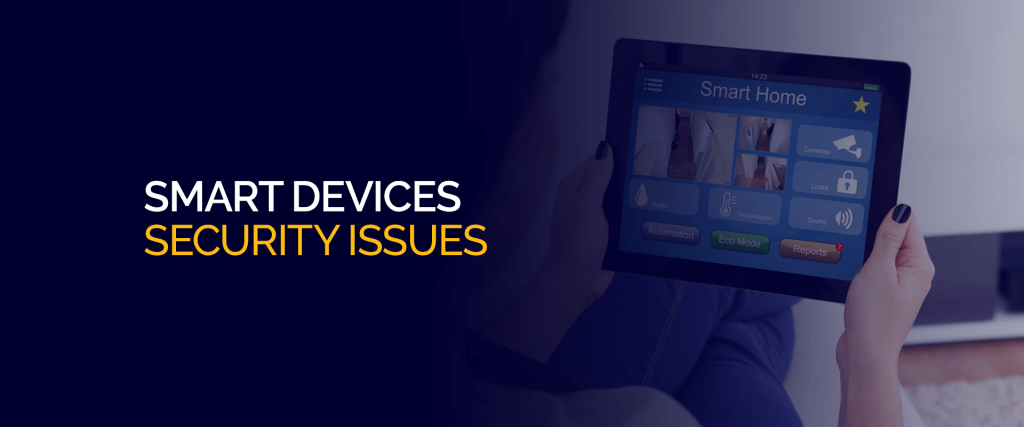

Get 93% OFF on Lifetime
Exclusive Deal
Don’t miss out this deal, it comes with Password Manager FREE of cost.
Get 93% off on FastestVPN and avail PassHulk Password Manager FREE
Get This Deal Now!By Johan Curtis No Comments 9 minutes
The aspect of a smart home is immensely appealing. The Internet of Things technology has taken over the modern world by introducing a bunch load of smart devices which we can’t seem to live without. From basic security frameworks to even light bulbs; they’re all connected to the internet.

Some of you may not exactly know what the Internet of Things is so let’s start by giving you a brief description.
The Internet of things (IoT) is an accumulation of connected processing gadgets. Mechanical and advanced machines are given unique identifiers (UIDs) and the ability to move information over a system without needing human-to-human or human-to-PC contact.
Almost anything can be turned into an IoT device, thanks to the rapid technological advancements, by adding a few sensors or connecting certain devices to the internet makes them digitally smarter enabling them to communicate data without the help of a human. An IoT device can also be called a smart device such as a Smart TV, Smart Watch, etc.
Basically, as we’ve established, a smart device is anything that can be connected to the internet. It is pretty easy to analyze how they work as well; your Wi-Fi connects to the installed software on the device sends a signal for a particular action or process.
The question that surfaces, however, is that even though the idea of having a complete smart home is appealing, is it completely safe?
Smart homes employ internet-connected devices, such as smart bulbs, fridges, doors, or even alarm systems. Even though it may seem fascinating, it all comes at a price; smart devices are prone to several security risks that can end up putting your personal information at risk.
Your smart devices hold a great deal of personal data, from your passwords to your locations and credentials that can easily be stolen through hackers hijacking your system.
Here’s a list of 12 devices that are the most prone to security breaches:
Listed above are few of the very prominent devices that could easily be compromised in your household, in order emphasize the severity of this situation, we will further explain what are some of the risks that you could face under a breach of security.
There are several ways you can minimize the misuse of a smart device. The first and foremost being that one should be smart enough to not unnecessarily splurge on smart devices which are not really needed, such as we can easily make do without smart light bulbs or kitchen appliances, there is no need for them to be connected to the internet, they tend to function just right even without it.
Contrastingly, if you already have the said device and want an effective way to prevent hacking, there are a few precautions that you could take:
Note: We also understand that it may not be possible to set up a VPN on all the smart devices, which is why you can always install FastestVPN directly onto your Wi-Fi router so that all your devices are automatically protected.
It is not always wise to want to follow trends and keep up with all things ‘smart’. Sometimes it is better to stick to the traditional versions of devices as their simplicity is what makes them so much easier and reliable to use.
We hope that by reading this you were easily able to understand the threats that certain smart gadgets possess and that this helped you in eliminating those said threats. Make sure to be connected to a VPN and Firewall at all times.
© Copyright 2025 Fastest VPN - All Rights Reserved.


Don’t miss out this deal, it comes with Password Manager FREE of cost.
This website uses cookies so that we can provide you with the best user experience possible. Cookie information is stored in your browser and performs functions such as recognising you when you return to our website and helping our team to understand which sections of the website you find most interesting and useful.
Strictly Necessary Cookie should be enabled at all times so that we can save your preferences for cookie settings.
If you disable this cookie, we will not be able to save your preferences. This means that every time you visit this website you will need to enable or disable cookies again.